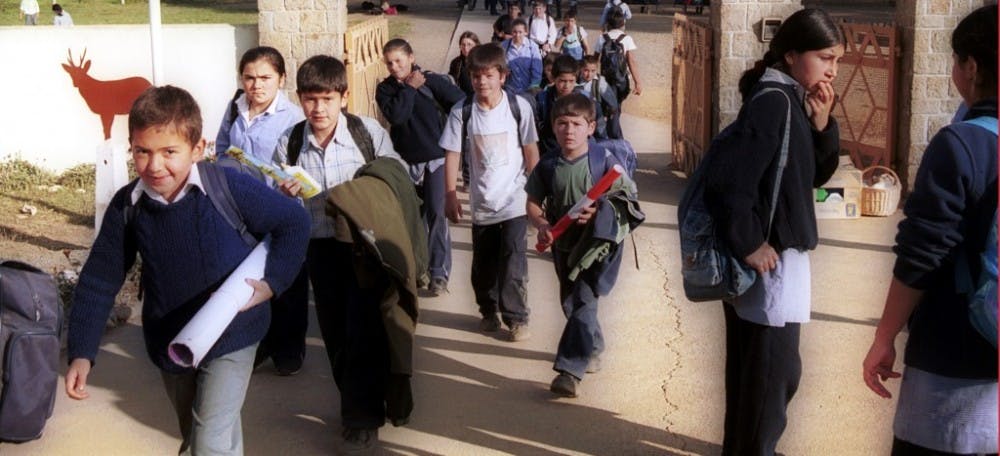When conversing with each other for the first time, many American college students ask "Did you attend private or public school?" It is an inquiry as customary as “where are you living on campus?” Thus, many students respond with just a few words, and their conversations proceed to different subjects. But if you ask a Chilean university student about the administration of their primary and secondary education, the response will not be brief, and you might even find yourself listening to a manifesto.
The reason for this complication is that “all the primary and high schools in Chile are private,” said Chilean native, Francisco.
That is not to say there are no public schools. Public schools exist in name, but a Chilean public school does not receive funding through citizens’ taxes and receives very little in the form of federal funds. Therefore, students from kindergarten to 12th grade must pay tuition every year in order to attend school, no matter what school they attend.
The only types of governmental assistance offered to the guardians of students are subsidies that do little to lower the cost of primary and secondary education significantly.
“The basic cost of a Chilean (primary and secondary) education is 1.8 million pesos (approximately $3,715 USD) per year. We pay taxes on properties and wages, and then we must also pay to send our kids to school,” said Chilean author Carla Ulloa Inostroza. “Chile is proportionally the most expensive country in the world to study in.”
In essence, the Chilean educational system exudes the principles of economic neo-liberalism, most notably ‘limited-government interference’ and ‘privatization’. Over the past two decades, the Chilean Ministry of Finance has focused its attention on a private pension system, free trade and the liberalization of financial markets as opposed to reducing the costs of primary and secondary education. The Organization for Economic Cooperation and Development (OECD) reported that in 2011, the Chilean government “on average spent $2,707 for each student in primary school and $2,564 for each student in high school, which compares dismally with (other) OECD (nations) that average $7,153 and $8,972 respectively.”
While the government boasted that “Chile, one of the most open economies in the world, has signed more free trade agreements (FTAs) than any other nation,” OECD declared that “Chile (is) the most socio-economically segregated country regarding education opportunities.”
That same year, parents, professors and students took to the streets across the country to demand “equality, gratitude and quality,” Inostroza said.
Although they were met with batons, detentions, tear gas and water cannons by the Chilean carabineros (police), denouncements of the current education system and demands for significant changes continue in the streets and on the Internet.
To these activists, the fundamental flaw with their nation’s system of education is that the majority of the population still accepts the notion that education is not a basic human right ,but a commodity that must be purchased. This notion was created by the military dictatorship of General Augusto Pinochet, which initiated Chile’s dependency on and ideological marriage with neo-liberalism.
“In our Constitution education is not a right. Privilege is given to businesses,” Inostroza said.
Why has nothing changed?
“Because the political elite of Chile profit from education," Inostroza said. "Many of the private schools and universities are in the hands of religious fundamentalists or huge international corporations, which don’t care about the quality of the education at their schools because they are generating wealth for a few.”
Educational activists are not entirely overwhelmed by the complexity of the educational dilemma they perceive. Chilean students are combining music, theater and visual arts to express their grievances and to protest the entrenched relationship between business and education. In the process, they are demonstrating the incredible artistic capacity of the Chilean youth. And they are learning that the most valuable lessons come from the human soul.


